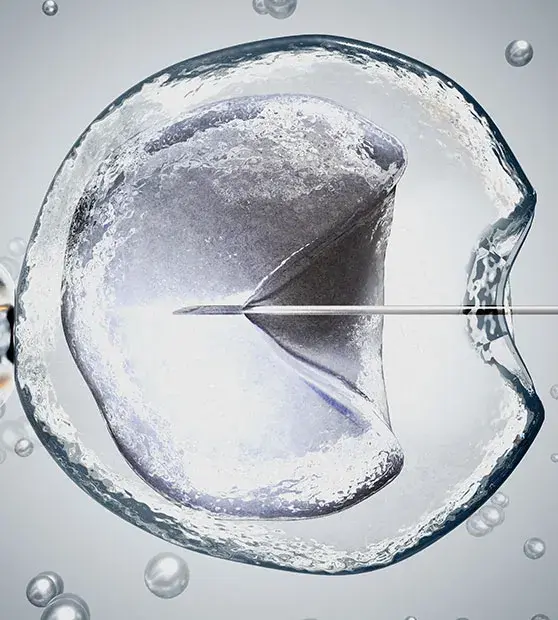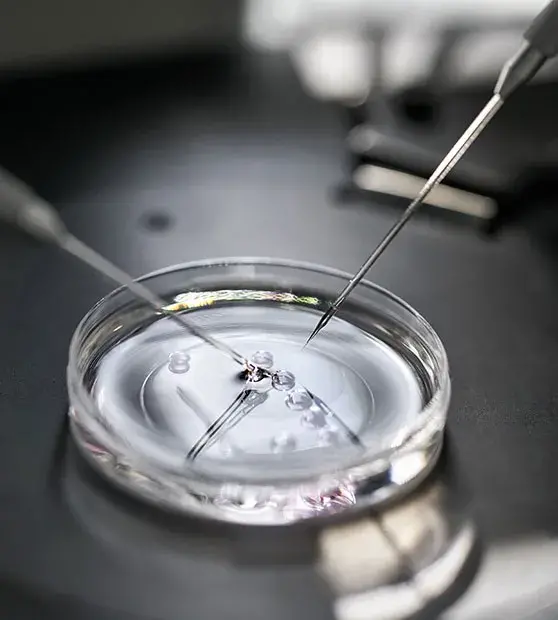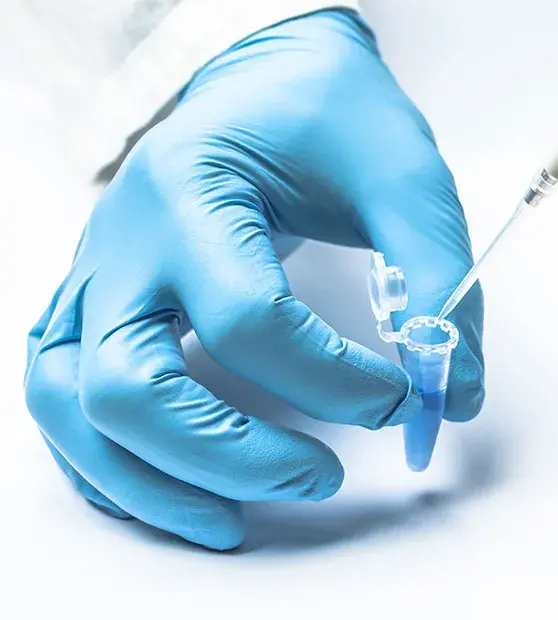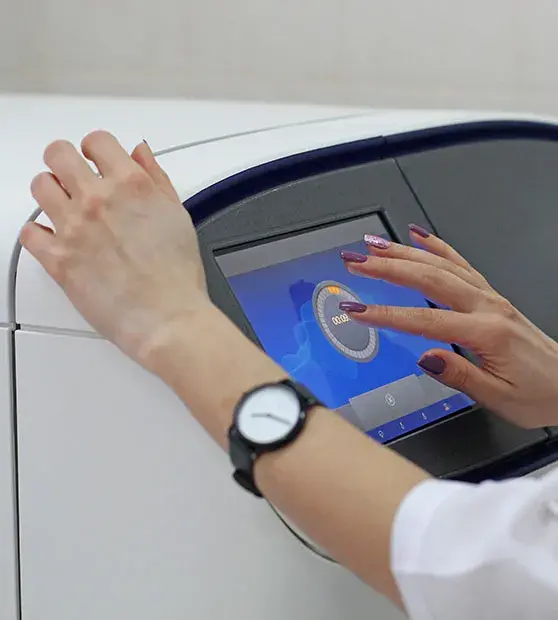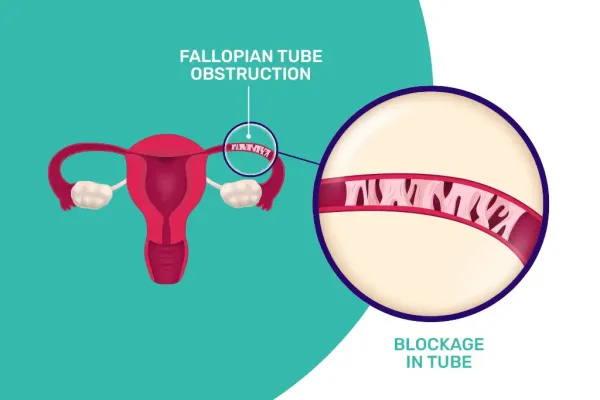Fallopian Tube Obstruction
Fallopian tubes connect the uterus and the ovaries and carry the egg from the ovary to the uterus. Conception also occurs in this reproductive organ. When sperm fertilizes the egg, it travels down the tube to the uterus to get implanted. But if there is a blockage in the tube, the passage of the egg gets blocked.
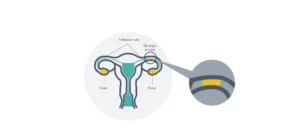
What are the causes of Fallopian Tubes Blockage?
Infections: If the fallopian tube is inflamed, then tubal disease may occur. This can cause infertility. In few cases, the infection may occur due to sexually transmitted organisms like gonorrhea or Chlamydia.
- Hydrosalpinx due to a genital tract infection: At times, the damaged fallopian tubes get inflamed and filled with fluid. A Hydrosalpinx is a form of tubal obstruction. The tube is blocked near the fimbria end (the external end of the tube, which is in contact with the ovary surface). And a clear watery liquid fills up the tube. The major reason behind this is genital tract infections such as Chlamydia in a majority of cases.
Surgery: Abdominal surgical techniques such as tubal ligation removal may result in tube damage. Furthermore, any complication from a cesarean section may also result in damage. Disorders such as Endometriosis and Uterine Fibroids might also cause scarring between the end of the ovary and the fallopian tube.
What are the symptoms of blocked fallopian tubes?
Generally, no symptoms are seen in females with tubal infertility. However, in certain instances, severe pelvic pain is noticed in females with widespread tubal damage.
How to diagnose damaged fallopian tubes?
A complete pelvic examination and medical history are essential to diagnose a tubal obstruction. For confirming the tube block, other medical assessments are important.
- Hysterosalpingogram (HSG) is an X-ray for visualizing any blockage in the fallopian tubes. This process uses a contrast dye to view any irregularities such as polyps or fibroids inside the uterus. An injection of the dye is administered through a thin tube inserted into the uterus through the vagina. X-rays determine the presence of any injury or irregular uterus or tube shape, including the tubal block.
- Sonohysterogram (Saline Infusion Sonogram) is a non-invasive technique in which an ultrasound is done. This helps in visualizing the space present inside the uterus (cavity). This procedure also determines Uterine Fibroids inside the uterine cavity. Ovaries are also examined using an Ultrasound, and the tubes can also be visualized to rule out Hydrosalpinx or ovarian cysts.
- Laparoscopy uses a Laparoscope that lets a complete visualization of the womb, the ovaries, and the tubes. The technique diagnoses the patency of the tubes.
What is the procedure to open the blocked fallopian tubes?
The treatment options depend on the diagnostic results but generally include surgery and In-Vitro Fertilization (IVF).
- Surgery: Tuboplasty refers to procedures in which the repair or restoration of fallopian tubes is done. This procedure is performed through Laparoscopy to revive a fallopian tube effectively. Hysteroscopy is successful if the blockage is at the nearby end of the tube. If the faraway end of the tube is obstructed, microsurgery or laparoscopic laser surgery can be performed. Formation of scar tissue and re-growth of adhesion may result. There are chances of blockage again or tubes getting attached to the abdominal organs. Also, the risk of ectopic pregnancy or a tubal pregnancy increases. A tubal pregnancy is a severe condition that develops after a tubal surgery or tubal condition.
- In-Vitro Fertilization: Females having seriously blocked tubes have poor possibilities of achieving pregnancy naturally. In-Vitro Fertilization (IVF) helps to attain successful pregnancy in infertile females. However, if Hydrosalpinx is present in the tubes and is seriously damaged, the IVF success gets lowered. The physician might suggest the removal or shut down of the blocked tubes before IVF. Consequently, tube removal would also bring about a long-term decrease in ovarian reserve.

